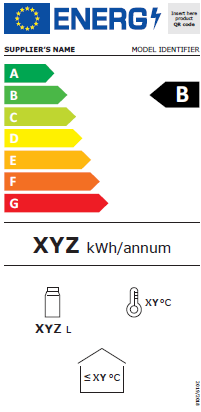
Energy Efficiency: European Commission Ecodesign and Energy Labelling Consultation Forum discusses ban on standalone boilers
May 5, 2023
Last week, the European Commission held a meeting of the Ecodesign and Energy Labelling Consultation Forum on Ecodesign/Energy Labelling of Space Heaters and Water Heaters in Brussels and online. The meeting was attended by representatives of EU Member States as well as a limited number of civil society and industry stakeholders, including EBC. The mission of this Forum consists in assisting the Commission with the development and review of implementing measures and delegated acts pursuant to Ecodesign and Energy Labelling, while also providing expert advice on the subsequent implementation.
In the context of RePowerEU and the EU ‘Save Energy’ Communication adopted in May 2022, the Commission had indicated its willingness on “setting stricter Ecodesign limits for heating systems at EU level, implying 2029 as an end date for ‘standalone fossil fuel boilers’ being placed on the market and parallel rescaling of energy labels that will result in boilers and other fossil fuel-based appliances ending up in the bottom energy classes.”
Subsequently, the end of March, the Commission made available its working documents containing draft proposals for Implementing Acts on Ecodesign for Space Heaters, in view of discussing them in the context of the Forum. Among other elements, in this draft Implementing Act, the Commission would propose a minimum efficiency requirement for standalone boilers set at 115%. This would effectively result into a ban of standalone boilers, regardless of whether they are renewable-ready. As a result, the agenda of the Ecodesign and Energy Labelling Consultation Forum meeting was centered on the said Review of the changes made to the 2021 working documents on Space Heaters and on Water Heaters. The results of a Commission Study on consumers’ and installers’ understanding of the energy label for space and water heaters were also presented.
During the discussion, a number of Member States expressed reservations regarding the EC proposals, with several representatives asking the Commission for an extension of the deadline for stakeholders to send written feedback to the Commission proposal. The EU Commission insisted that it is not proposing a ‘boiler ban’ as such, yet several participants noted that the proposal would effectively lead to a ban on boilers.
EBC expressed its worries vis-à-vis the effective exclusion of several technologies, including renewable-ready technologies such as boilers, as these would will drive up renovation costs considerably, therefore discouraging renovations. Besides the challenges arising from the lack of affordability of alternative heating options, the technical challenges that arise in certain types of buildings, such as in urban areas, for multi- apartment buildings or historical buildings and monuments (e.g., lack of space for the installation of external units or other environmental constraints) could prove insurmountable. Affordable heating options that can contribute to the decarbonisation of Europe’s building stock should remain available, especially in the context of the Renovation wave and the upcoming revision of the Energy Performance of Buildings Directive (EPBD), which will likely include Minimum Energy Performance Standards (MEPS) that will render energy efficient renovations mandatory for the least well off.
In November 2022, EBC was among 15 European organisations that proposed A Bottom-Up Approach for Integrated System Efficiency in the EBPD revision. In this spirit, EBC will continue to follow the developments on the debate for the future of heating systems, also in the context of Ecodesign/Energy Labelling.
 | To read the full joint statement “EPBD: A Bottom-Up Approach for Integrated System Efficiency,” click here To read EBC’s feedback on the EC proposal for the revision of the EPBD, click here. |